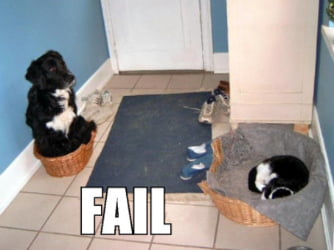The power of memes cannot be fully understood without considering their role in the complex relationship between technology, space, and politics.
Seizing the Memes of Production: Political Memes in Puerto Rico and the Puerto Rican Diaspora
“This thesis seeks to understand how different groups of people in Puerto Rico and the diaspora deploy internet memes for political critique. In this work, I analyze three case studies focused on how Puerto Rican groups and individuals use internet memes to express political discontent, make calls to action, engage in catharsis, and seek political change.”
Why Wholesome Memes Might Be Our Best Hope Against the Nazis
The wholesome ethic is egalitarian, antifascist, and resists ironic deployment—they build solidarity.
Podcast: “The Spiciest Memelord – An Interview with Jeopardy Champ Lilly Chin”
MIT’s Jeopardy champ talks strategy, memes — and becoming strangers’ media object.
The Visual Life of Occupy Wall Street
Many visual tropes have accompanied Occupy Wall Street’s rise to public prominence. In the beginning, there was the ethereal image of a ballerina poised delicately on the back of the Wall Street bull which graced the original posters and calls-for-action. There were photos of Zuccotti Park crammed with tents and blue tarps. The iconic “I am the 99%” stance, a photo of a single person, holding a handwritten sign dense with text, became a form in and of itself, attracting spinoffs, parodies, and rebuttals.
Alum Sam Ford talks with Mashable: “Why Does the Web Love Cats?”
CMS alum Sam Ford spoke this week with social media blog Mashable on The Million Dollar Question: Why Does the Web Love Cats?








